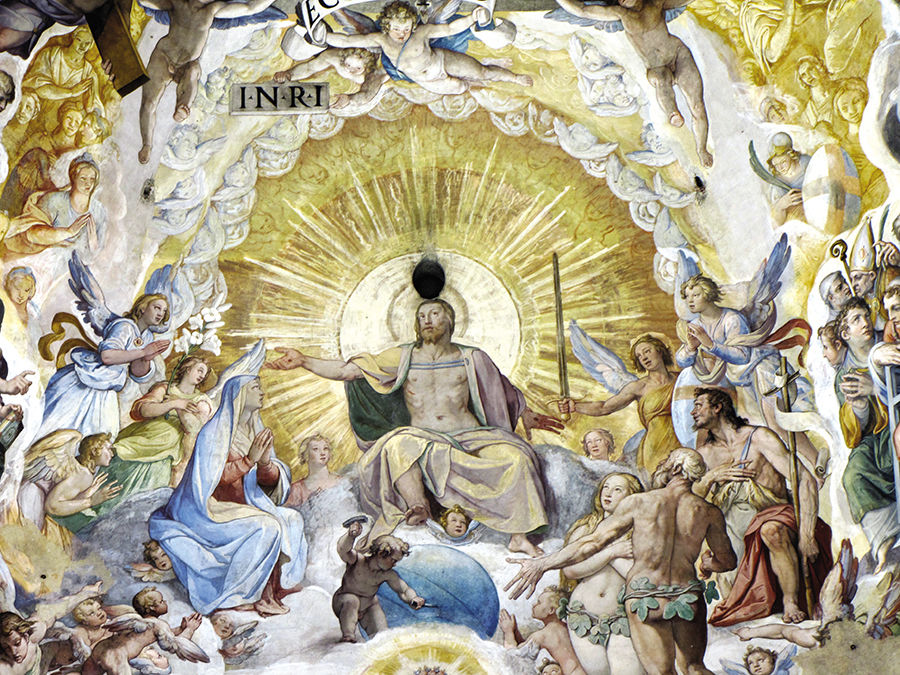Is. 40:1-5, 9-11 / Ps. 85:9-14 / 2 Pt. 3:8-14 / Mk. 1:1-8
Our God is coming. The time of exile — the long separation of humankind from God due to sin — is about to end. This is the good news proclaimed in this Sunday’s liturgy.
Isaiah in the First Reading promises Israel’s future release and return from captivity and exile. But as the Gospel shows, Israel’s historic deliverance was meant to herald an even greater saving act by God — the coming of Jesus to set Israel and all nations free from bondage to sin, to gather them up and carry them back to God.
God sent an angel before Israel to lead them in their exodus towards the promised land (see Exodus 23:20). And he promised to send a messenger of the covenant, Elijah, to purify the people and turn their hearts to the Father before the day of the Lord (see Malachi 3:1, 23-24).
John the Baptist quotes these, as well as Isaiah’s prophecy, to show that all of Israel’s history looks forward to the revelation of Jesus.
In Jesus, God has filled in the valley that divided sinful humanity from himself. He has reached down from heaven and made his glory to dwell on earth, as we sing in Sunday’s Psalm. He has done all this, not for humanity in the abstract, but for each of us.
The long history of salvation has led us to this Eucharist, in which our God again comes and our salvation is near. And each of us must hear in Sunday’s readings a personal call.
Here is your God, Isaiah says. He has been patient with you, Peter says in the Epistle. Like Jerusalem’s inhabitants in the Gospel, we have to go out to him, repenting our sins, all the laziness and self-indulgence that make our lives a spiritual wasteland.
We have to straighten out our lives, so that everything we do leads us to him. This Sunday at Mass, let us hear the beginning of the Gospel and again commit ourselves to lives of holiness and devotion.

